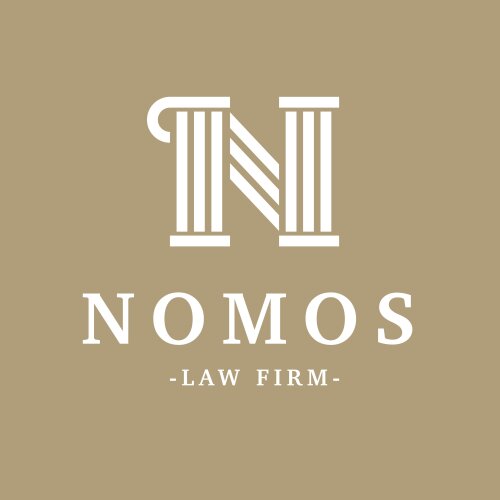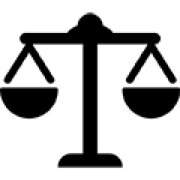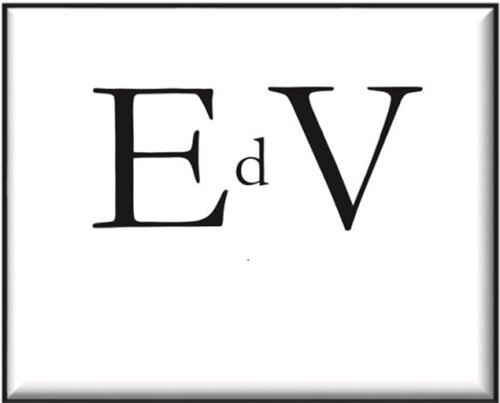Best General Litigation Lawyers in Italy
Share your needs with us, get contacted by law firms.
Free. Takes 2 min.
Or refine your search by selecting a city:
List of the best lawyers in Italy
About Litigation Law in Italy
Litigation in Italy refers to the process of taking legal action to resolve disputes and seek redress for grievances through the Italian court system. It covers various areas such as civil, commercial, administrative, and constitutional matters. The Italian legal system is based on Roman law and has a strong influence from the Code Napoléon. The judiciary operates independently and cases can be brought before different levels of courts depending on their nature and complexity.
Why You May Need a Lawyer
Legal assistance in litigation is crucial for navigating the complex Italian legal system. Common situations where you may need a lawyer include:
- Involvement in a contractual dispute with an individual or business.
- Pursuing a personal injury claim due to an accident.
- Resolving family law disputes such as divorces or child custody cases.
- Defense in criminal litigation.
- Settling disputes over property rights or boundaries.
- Engaging in labor disputes with employers or employees.
- Challenging administrative decisions made by public entities.
Local Laws Overview
Understanding the local laws relevant to litigation in Italy is essential. Key aspects include:
- The court system is divided into ordinary courts (giurisdizione ordinaria), administrative courts (giurisdizione amministrativa), and special courts handling specific matters.
- Civil litigation follows procedures outlined in the Italian Civil Procedure Code, focusing on written submissions and an inquisitorial method led by judges.
- Commercial disputes are often resolved by specialized commercial sections of the civil courts or through arbitration.
- Administrative litigations are dealt with by regional administrative tribunals and the Council of State.
- Alternative dispute resolution methods, such as arbitration and mediation, are increasingly recognized and recommended to reduce court backlog.
Frequently Asked Questions
What is the first step in initiating litigation in Italy?
The first step is generally to file a formal written complaint or citation (citazione) with the competent court, detailing the claim and supporting evidence.
Can I represent myself in court?
While it's legally possible to represent yourself, it is generally advised to hire a lawyer due to the complexity of legal procedures and language barriers.
Are there any alternatives to court litigation in Italy?
Yes, options such as mediation and arbitration are available and often encouraged to resolve disputes outside of court.
How long does a typical litigation process take in Italy?
The duration varies greatly depending on the case complexity and court workload, ranging from several months to years.
What costs are involved in litigation?
Costs generally include court fees, attorney fees, and possible costs for expert witnesses or other evidence; fee arrangements should be discussed with your lawyer.
Can foreign individuals or companies litigate in Italy?
Yes, foreign entities can initiate or participate in litigation in Italy, but it is advisable to engage a local attorney familiar with cross-border legal issues.
What is the role of the judge in Italian litigation?
Judges play an active role in guiding the proceedings, evaluating evidence, and ultimately issuing a verdict based on the merits of the case.
Is it possible to appeal a court decision?
Yes, decisions can usually be appealed to higher courts, but strict procedural rules and deadlines apply.
Are court proceedings public?
Typically, court proceedings are public, although certain cases, such as family matters, may be held privately to protect privacy interests.
What should I consider when choosing a litigation lawyer in Italy?
Consider factors such as their specialization, experience, reputation, fee structures, and language skills to ensure effective representation.
Additional Resources
For more information and assistance, you may consider the following resources:
- Ordine degli Avvocati: The national bar association offers resources and lists of qualified lawyers.
- Chamber of Commerce: Many local chambers provide legal assistance and mediation services for commercial disputes.
- Ministry of Justice: Offers guidelines and details about the court procedures and relevant legal reforms.
- Legal Aid Services: For those eligible, legal aid services can help in affording legal representation.
Next Steps
If you find yourself needing legal assistance in litigation, do the following:
- Clearly define your legal issue and gather all relevant documents and evidence.
- Research and contact qualified litigation lawyers, preferably with experience in the area of law your case falls under.
- Request consultations to discuss your case details and explore potential legal strategies.
- Ensure you understand fee structures and potential costs before engaging services.
- Once a lawyer is chosen, work closely with them to build your case and follow their guidance through the litigation process.
Lawzana helps you find the best lawyers and law firms in Italy through a curated and pre-screened list of qualified legal professionals. Our platform offers rankings and detailed profiles of attorneys and law firms, allowing you to compare based on practice areas, including General Litigation, experience, and client feedback.
Each profile includes a description of the firm's areas of practice, client reviews, team members and partners, year of establishment, spoken languages, office locations, contact information, social media presence, and any published articles or resources. Most firms on our platform speak English and are experienced in both local and international legal matters.
Get a quote from top-rated law firms in Italy — quickly, securely, and without unnecessary hassle.
Disclaimer:
The information provided on this page is for general informational purposes only and does not constitute legal advice. While we strive to ensure the accuracy and relevance of the content, legal information may change over time, and interpretations of the law can vary. You should always consult with a qualified legal professional for advice specific to your situation.
We disclaim all liability for actions taken or not taken based on the content of this page. If you believe any information is incorrect or outdated, please contact us, and we will review and update it where appropriate.
Browse general litigation law firms by city in Italy
Refine your search by selecting a city.

















